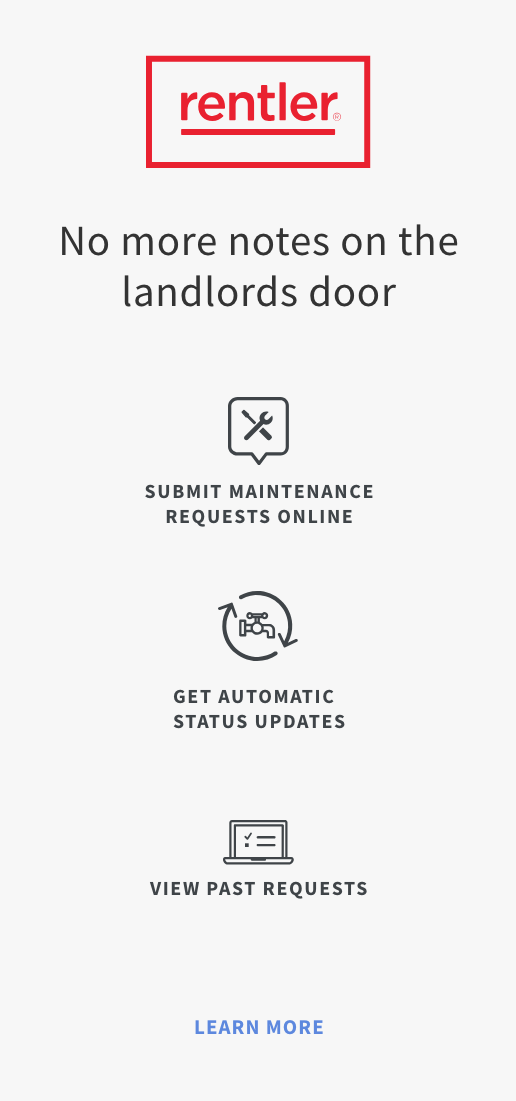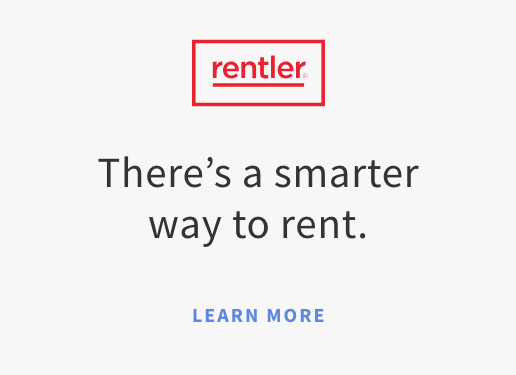$100. It doesn’t seem like much, but for many, it’s the difference between love and hate when it comes to your apartment. There are many fine-line situations where a slim number can be so important, it’s like the habitable zone for planets or the difference in the one day between good milk vs. sour milk. That said, happiness is a lot like that… and $100 can be the difference.
First, do you have all your costs on lock? Ironically, as Benjamin Franklin said, “Failure to prepare is preparation for failure.” To start, DO NOT start with a sheet of paper or sticky note, more often than not, those WILL get lost. The first thing you should do is get a notebook or fire up a Google Doc and start writing down all your costs. You can also use the note feature on your phone.
Then, do the basic math. Stick around, cause we will throw you a curveball! After you’ve written down all your expenses to determine a total budget. The next few items will test how stringent your expense planning and basic match actually are. Look at:
1. What neighborhood you are in. Determining this will be critical to knowing one very important number….your grocery bill. Depending on where you live, the price of groceries can be as much as 30% higher when you look at a general suburban location vs. a high end urban local one. Before picking between the higher priced apartment option, be sure to drive around and see the price of groceries.
2. Proximity to staple restaurants. For those who may not know the difference between a wok and a ladle or for people who are crunched for time and couldn’t prep a meal to save your life, then it’s also important to always have a hand-full of go to spots. Make sure to see what’s in the area and factor that into your budget.
3. Local membership fees.This can include the cost of gym memberships, internet providers and rate plans in the area, and even general entertainment like bowling, pool and bars/lounges.
4. Crime rate of an area. If you want to take an evening stroll or if you have dogs you have to walk, do you feel safe doing it? If the answer is a no, then you definitely need to pay the extra amount to give yourself the freedom to find a personally accommodating environment.
5. Potential rate increases. Even though it’s far from your mind while apartment hunting, you need to ask your apartment of choice what you think the potential rate increases looks like. Knowing what the estimated value is can be a critical thing. Making the right decision, especially if you like the area and can see yourself in that area for more than one lease cycle, and knowing the potential rate increase can save you about one month of rent. Especially when factoring in the cost of moving out the second year, time lost, and other factors.
Do you know the price of happiness? Ironically, at least for the short term and foreseeable future, it can be narrowed down for most people. While we can’t all live in waterfront beach properties, sipping our favorite spirit out of a bamboo straw, the truth is that for $100-$300 more, you need ask yourself one simple question, “Will you sleep better at night, be closer to your best friends, have a more peaceful home life with your partner by picking this place over another?” If so, that’s the easy answer. Invest in your yourself by investing in the quality of your life.
Also, If you’re really that paranoid about a couple $100, remove those costs from your life that aren’t really worth it to you. Use a personal finance tool, like Fresh Start, so you can see where all your paychecks are going and see if you can hit your goal of cutting costs to make up the difference in higher rent for a few months before committing.








